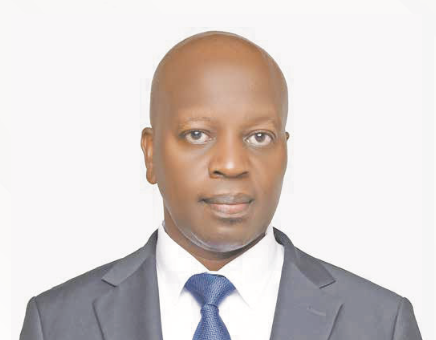The recent scandal surrounding High Court Judge Fred Nyagaka has exposed once again the deep cracks in Kenya’s justice system. At the center of it all are allegations that Nyagaka demanded and pocketed a hefty bribe of KSh 10 million from businessman Ben Limo in order to influence a land case in Migori.
The idea that a man trusted to deliver fairness could reduce justice to a business transaction is not only shameful but dangerous for the very fabric of the judiciary.
Instead of upholding the law, Nyagaka is accused of twisting it for personal greed, and this should anger every Kenyan who believes in equal justice.
The details of the case are both disturbing and embarrassing for the courts.
Reports indicate that Limo willingly paid the money after Nyagaka allegedly promised a favorable outcome in his case. But when the ruling did not go as expected, Limo turned against the judge and demanded his money back, writing to him and citing failure of consideration.
This shocking twist reveals the rot inside the system, where deals are allegedly made behind closed doors, and justice is auctioned to the highest bidder. For ordinary Kenyans who cannot even afford decent legal representation, the message is clear: the courts are not a place of fairness but a playground for the wealthy and well-connected.
The scandal got even murkier when journalist Collins Kweyu of the Standard Group attempted to get the judge’s side of the story. Instead of responding, Nyagaka allegedly used his influence to have the journalist arrested and detained overnight.
This kind of intimidation shows how those in power misuse state machinery to silence accountability. The outrage from media groups such as the Court Reporters Association and the Crime Journalists Association forced his release, but the damage was already done.
It revealed how fragile press freedom is when individuals like Nyagaka, cornered by corruption claims, can still manipulate the system to shield themselves.
Former Law Society of Kenya president Nelson Havi has publicly condemned Nyagaka’s actions, pointing to audio evidence and calling for the Ethics and Anti-Corruption Commission to take up the matter.
He has raised questions about suspicious orders Nyagaka issued in the Migori case, which appeared to benefit certain parties unjustly. Havi’s firm stance has added weight to the case, reminding Kenyans that judicial corruption, while hard to prove, is impossible to ignore when patterns of favoritism and questionable rulings keep surfacing.
The wider impact of Nyagaka’s scandal is devastating. It undermines trust in the courts and discourages Kenyans from pursuing justice, knowing that wealth can tilt outcomes. Judges hold immense power, and when that power is abused, the public pays the price.
This case is not about one corrupt individual; it is a mirror reflecting years of complaints about shady dealings in the judiciary. Nyagaka’s behavior, if proven, shows complete disregard for the oath of office and an insult to the title of “Honorable” he carries.



